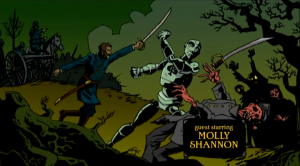Date Read: 7.05.06
Book From: Borrowed from Kathy
Reviewer: Kakaner
Summary
A culling song is a song Africans used to sing to people about to die to ease the suffering of passing. However, one particular culling song is able to kill instantly upon being heard. A reporter investigating infant deaths discovers that by each infant’s death crib is a poem book opened to a culling song on page 27. He takes it upon himself to rid the evil and is determined to destroy all copies of the book.
Review
Lullaby has terribly interesting origins. Apparently, Palahniuk’s father, Fred Palahniuk, and his girlfriend had been murdered by a man named Dale Shackleford in 1999. Palahniuk was asked to be part of the capital punishment decision, and this prompted him to start working on Lullaby, a novel very much centered on death. Shackleford was ultimately sentenced to death, and Palahniuk was said to have struggled very much with the decision.
Initially, I was incredibly excited to read this based on the summary. I mean, doesn’t it just sound so hauntingly dark and magical? And with an amazing horror premise to boot? The exposition was gripping, intense, and extremely interesting, but of course, weird. Lullaby is written in the signature Palahniuk prose– hard, gritty, a stop-and-go that is slightly nauseating. But as the book progressed, I grew more and more disappointed as the story of the book simply did not call for this type of prose. The story was still there, but it seemed so scattered halfway in.
Instead of experiencing horrible sucking immersion, I ended up plodding along noncommittally. I think Lullaby definitely needed dark and lyrical prose to intensify the entire premise of the culling song. I feel like since Palahniuk’s writing is so abstract, it is much more appropriate for schizoid general ideas like in Fight Club rather than a concentrated linear storyline. Ultimately, the story fell apart for me and the ending was a huge letdown.
Go To:
